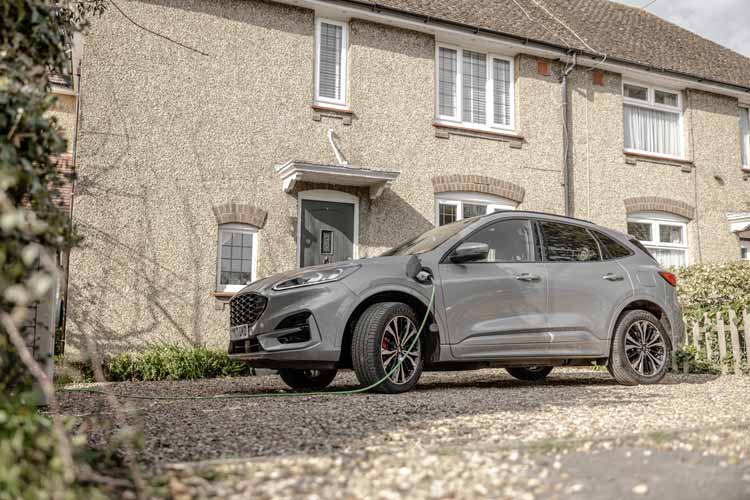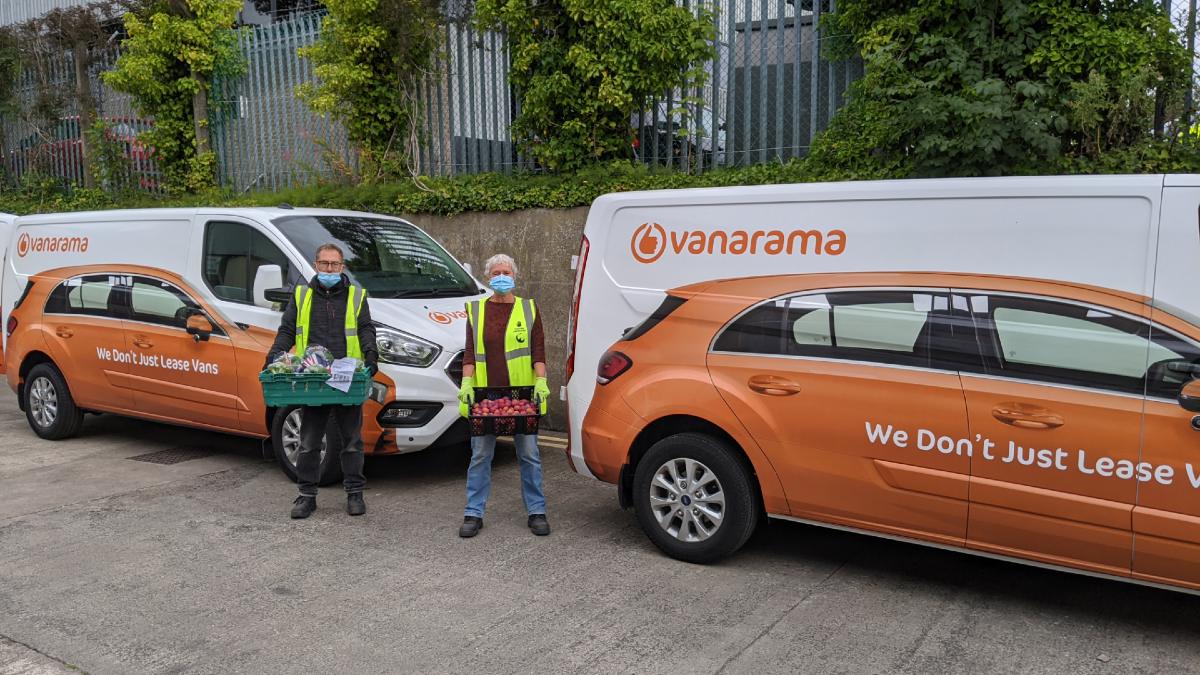Car and van leasing company Vanarama wants to ensure electric vehicle (EV) drivers aren’t confused by recent reports that electric vehicle charging prices will soon be on par with fuelling a petrol vehicle.
Ed Carpenter, Head of Electric Vehicles at Vanarama explains “It has been recently reported that due to increasing energy costs, the average price for using a public EV charge point has risen to 63p per kWh, representing a 42% increase since May for public charging.
“For electric vehicle (EV) drivers who rely solely on public charge points to recharge their EV, these price increases are likely to bring charging costs on a par with fuelling a petrol vehicle.
“However, it's worth noting that many EV drivers predominantly charge from home so the above will impact some EV drivers, but not all. By comparison, those drivers who charge mostly from home will see a small rise in electricity costs from 28p to 34p per kWh as part of the Government’s October Energy Price Cap.
“The price cap will remain in place until 2024 so it’s a good news story for those who are able to charge at home, especially as domestic electricity prices were set to rise to 52p per kWh from October 2022 with further price increases anticipated in 2023.
“As a result of the October Energy Price Cap, EV drivers who charge from home and cover 10,000 miles per annum will see their annual charging costs rise from £700 to £850 a year (9p per mile). By comparison, a driver of a petrol car covering the same mileage per annum would pay £1,657 (17p per mile) for the year if petrol prices stayed at an average of £1.64 per litre.”
3 Ways Switching To An EV Could Save UK Drivers £3k Per Year
The electric vehicle experts at Vanarama have also compiled the most common savings associated with EVs to reveal how much motorists could save per month, year, and total vehicle ownership (four years) by making the switch to an EV.
With the UK's cost of living on the rise, many drivers may be looking at long-term changes they can make to alleviate the pressure. Of course, the asking price of an EV is often higher than an equivalent petrol or diesel, but Vanarama’s research shows the day-to-day savings currently swing in favour of electric.
1. Low-emissions zones could save EV owners £2,100 per year
Low-emissions zones, often referred to as LEZs, are there to encourage owners of highly polluting vehicles to stop driving through inner-city areas by charging them a fee if they do so. Vanarama’s research found that EV drivers could save £175 a month through LEZ exemption, which equates to £2,100 per year and £8,400 per average total vehicle ownership (four years).
2. Not paying for fuel and charging at home could save EV owners £807 per year
Vanarama’s research shows that EV drivers who charge from home could save up to £807 per year or £3,228 over 4 years (the average length of owning a car), in comparison to buying fuel. After the October EPF, it will cost EV drivers £850 per year to charge from home based on 10k miles per annum. However, a driver of a petrol car covering the same mileage per annum would pay £1,657 (17p per mile) for the year if petrol prices stayed at an average of £1.64 per litre.
3. Car tax exemption could save EV owners £161 per year
Under the current rules, car tax doesn’t apply to all-electric cars. This means EV owners could save £645 over the four years they own the vehicle, which averages out as £161 per year. When you first register your petrol/diesel vehicle you will pay a £150 annual tax payment which increases to £165 per year from the second payment onwards.




